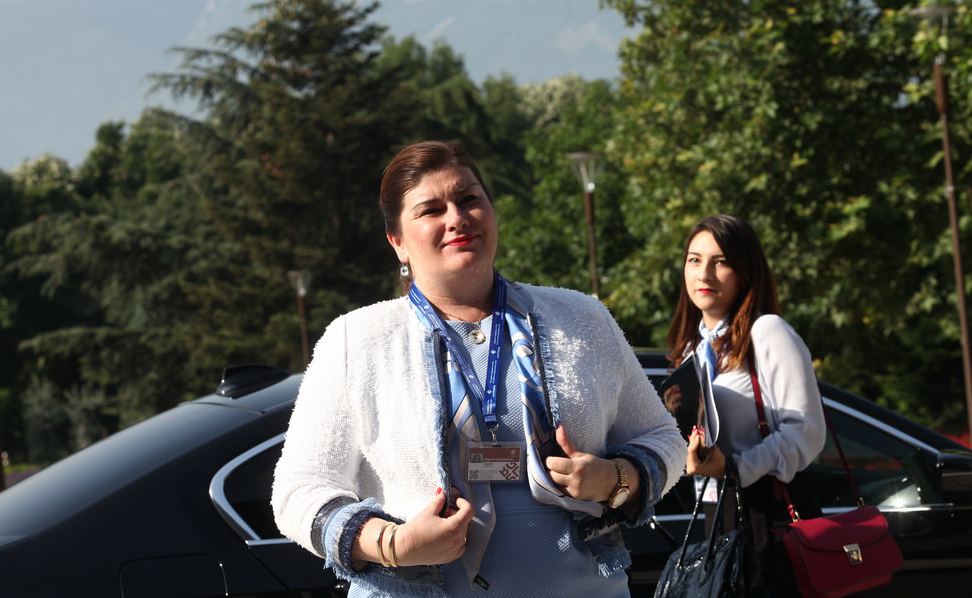
According to the draft multi-annual financial framework that the Commission released in May last year, Croatia would receive 6% less from the cohesion fund compared to the previous seven-year budget (2014 - 2020) and instead of having € 10.7 billion at its disposal, the country would be allocated € 9.9 billion or € 800 million less.
The commission has also recommended that national co-financing for projects be increased from the current 15% to 30% and that pre-financing be reduced to 0.5% and the period of implementing projects reduced from three to two years, i.e. the N+3 rule to become the N+2 rule.
- That certainly does not go in our favour - Minister Zalac said.
For now that is a proposal that member states have to agree to. Negotiations will intensify in the second half of this year during Finland's chairmanship and most likely it will be put on the table during Croatia's chairmanship in the first half of next year.
Croatia as the newest member state that only recently started using EU funds, is asking the EU to exempt it from this rule.





Za sudjelovanje u komentarima je potrebna prijava, odnosno registracija ako još nemaš korisnički profil....